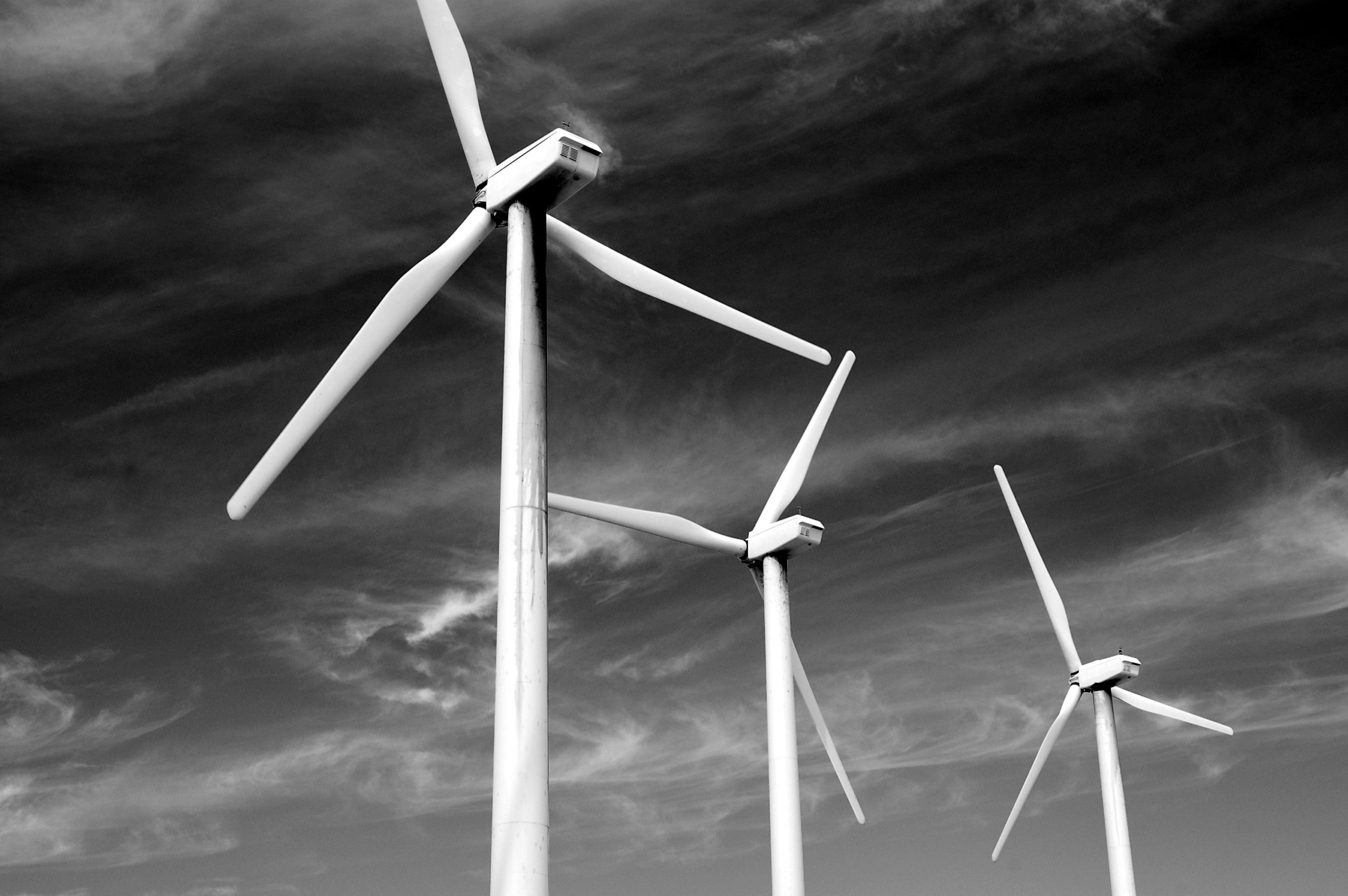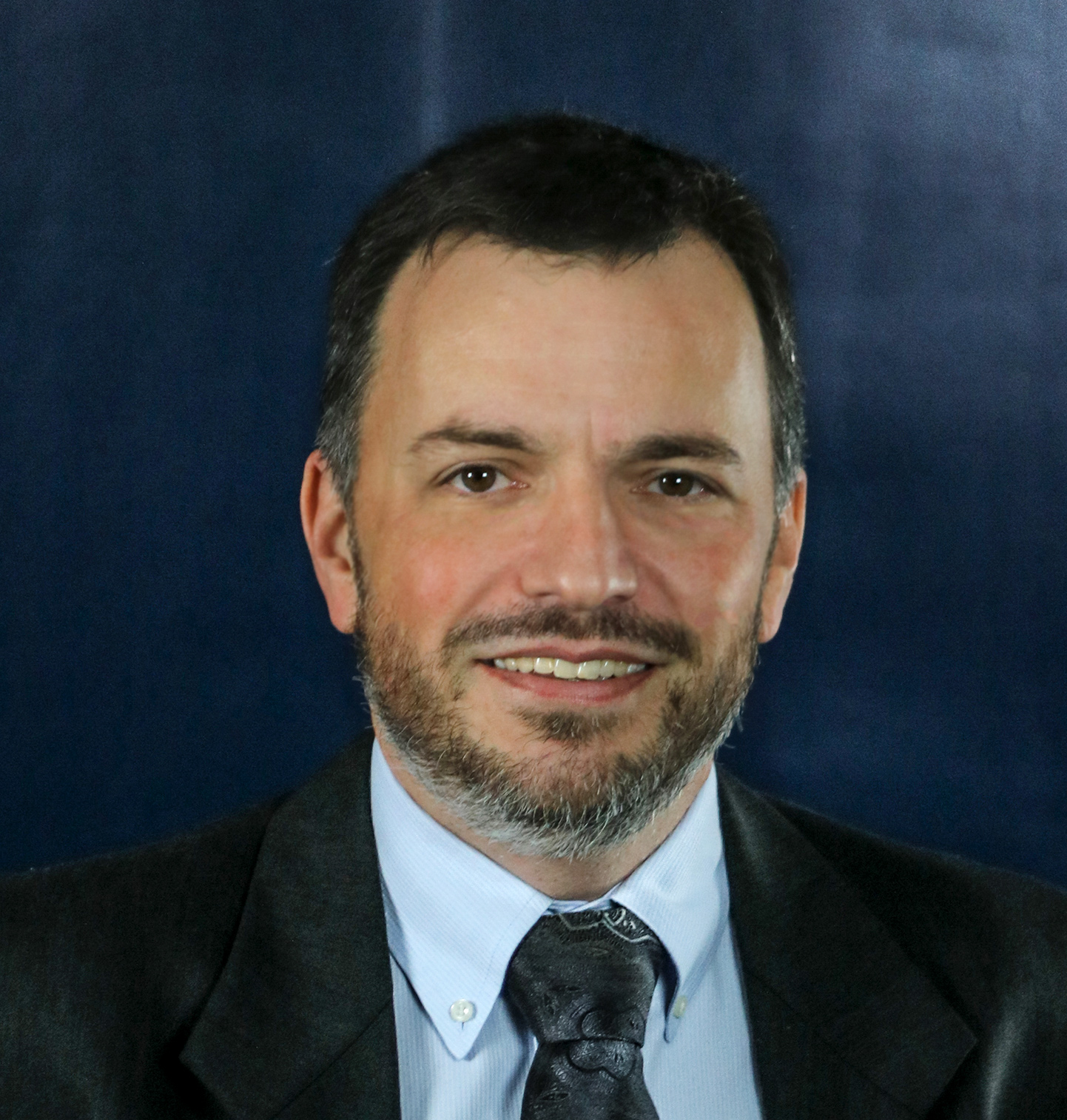August 27, 2021
RALEIGH – In comments submitted today to the Bureau of Ocean Energy Management (BOEM), the John Locke Foundation’s senior fellow of regulatory studies, economist Jon Sanders, urges environmental reviewers to refrain from moving forward with the proposed Kitty Hawk wind farm project off the North Carolina coastline due to significant negative environmental, economic, and ecological impacts.
The federal agency is taking public input as it makes plans for a formal environmental impact study of the massive 50,000-acre wind farm.

Locke’s Sanders recommends that BOEM consider the “no-action” alternative. In his comments, Sanders lays out three primary areas of concern with granting Avangrid Renewables authorization to move forward with constructing up to 69 wind turbines in the ocean just 27 miles east of Corolla, North Carolina.
Negative impact on the environment: Due to the nondispatchable, unreliable, and variable nature of wind energy, a reliance on backup energy generation–oftentimes derived from fossil fuels–is essential. This negates some, if not all, greenhouse gas mitigations that might have occurred from exclusively using wind energy. The Block Island Wind Farm off of Rhode Island is a case study for how frequently backup energy generation is employed. It all but cancels out the purported environmental benefits of the project.
Negative impact on the economy: The economic burden of incorporating a less-reliable energy source will fall on ratepayers. Because wind energy would replace lower-cost energy, it will disproportionately impact lower-income ratepayers who allocate up to one-third of their take-home pay to cover their energy bill. In addition, the project will likely increase unreliability into the system, which would require accounting for the higher risk of California-style blackouts
Negative impact on the ecosystem: This project could have significant impact on the marine wildlife and natural environment. Local wildlife impacts will inevitably affect the economy of local communities. Of particular concern is the annual “Cold Pool” process which is essential to the survival of commercially important wildlife and instrumental in the production of nutrients vital to the ocean food web. The Cold Pool is a distinct feature of the mid-Atlantic, with enormous ecological and economic importance.
Each of these considerations, and others listed by Sanders in his public comments, must outweigh the political goals of term-limited elected officials. Gov. Roy Cooper and President Joe Biden have both prioritized offshore wind energy among their administrations’ top environmental programs. “Whether the project meets a state’s political goal should be given zero weight,” writes Sanders in his comments to BOEM.
“The benefits of this project are speculative, and when fully considered, even its environmental benefits could be more than offset,” said Sanders. “Its economic costs are more certain and far-reaching, especially on poor families.”
Some costs, Sanders said, are potentially great but still not sufficiently studied. “We don’t know enough to assess the depth of impact a project as big as the Kitty Hawk wind project could have on the mid-Atlantic’s Cold Pool, rich marine habitats, oceanography, and industries built up around them, especially fishing,” he said. “Even if Pres. Biden wants ‘aggressive’ action on offshore wind, the BOEM should pump the brakes on this project without serious, in-depth study.”
##
For more information, contact:
Jon Sanders

Senior Fellow, Regulatory Studies
John Locke Foundation
[email protected]
919-828-3876 (office)
For media inquiries or to schedule an interview:
Mitch Kokai at [email protected]
919-828-3876 (office)
919-306-8736 (cell)